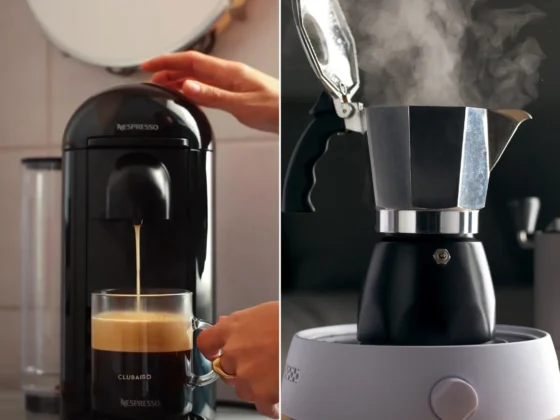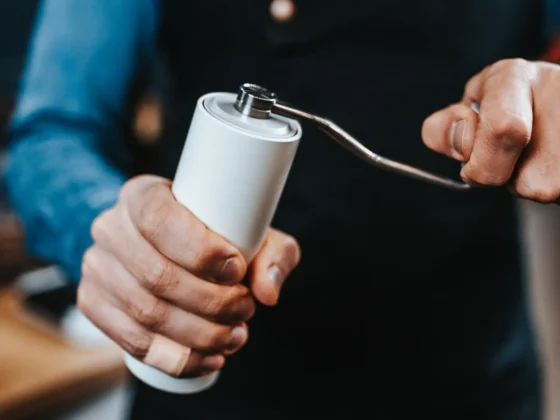In an age where every purchase we make leaves a footprint on the environment, conscious consumption is no longer a luxury—it’s a necessity. As coffee lovers, the impact of our choices extends beyond the realm of taste and personal satisfaction. This brings us to an essential question: what is bird-friendly coffee? And how can it elevate our coffee-drinking experience while also contributing positively to the environment?
This coffee certification is not just another trendy buzzword in the vast coffee vocabulary. It’s a transformative concept that harmonizes our daily coffee rituals with the imperatives of nature conservation. This unique coffee-growing approach promotes biodiversity, specifically focusing on creating habitats that support our feathered friends.
Bird-friendly coffee brands are not only concerned about delivering a satisfying cup of joe but also ensuring that their production process supports a sustainable ecosystem. This dual focus on taste and sustainability makes every sip of this beverage a testament to our commitment to protecting the planet.
In this comprehensive guide, we’ll delve deeper into the impact and significance of this delectable coffee. We’ll explore how it contributes to the preservation of biodiversity and counteracts the effects of climate change. Furthermore, we’ll guide you on how to choose genuine bird-friendly coffee brands, ensuring that your daily caffeine fix aligns with ethical consumption practices. So, get ready to embark on an enlightening journey from the seed to your coffee cup, and in the process, discover a more meaningful way to enjoy your favorite beverage.
Bird-Friendly Coffee: Key Takeaway
- Bird-Friendly Certification: This coffee certification, administered by the Smithsonian Migratory Bird Center, represents the highest standard in shade-grown coffee farming, ensuring the preservation of bird habitats and the promotion of biodiversity.
- Ecological Impact: This coffee significantly contributes to maintaining biodiversity, combating climate change, and fostering sustainable agriculture. Its production supports ecosystems, making it a smart and eco-friendly choice for coffee consumers.
- Consumer Role: As a consumer, choosing bird-friendly coffee brands directly impacts the environment positively. Understanding the bird-friendly label and sourcing authentic bird-friendly coffee can go a long way in promoting sustainable practices
- Producers’ Challenges and Opportunities: While transitioning to this coffee production may come with challenges for producers, it also opens up numerous market opportunities. Stories of producers who have successfully made the switch serve as inspiring examples.
- Future of Bird-Friendly Coffee: The future looks promising for this beverage, with innovations and technological advances in its production and supportive policies and regulations. Consumers can actively support this movement by choosing bird-friendly coffee brands and advocating for sustainable coffee production practices.
Unraveling the Concept: What Is Bird-Friendly Coffee?
As the world grapples with biodiversity loss and climate change, finding sustainable practices in every industry becomes crucial. In the realm of coffee cultivation, bird-friendly certified coffee presents itself as a shining beacon of hope.

This delightful coffee embodies a harmonious blend of coffee cultivation and conservation efforts. It focuses on farming practices that not only yield high-quality coffee but also foster a healthy environment for bird species and other wildlife.
The Intersection of Coffee Cultivation and Biodiversity
So, what is bird-friendly coffee in terms of its relationship with biodiversity? Traditionally, coffee was grown under a shaded canopy, which supported a diverse ecosystem of plant and animal species. However, modern techniques often favor open plantations, which are detrimental to biodiversity.

This delectable beverage goes back to the roots of traditional cultivation, advocating shade-grown methods that maintain a rich habitat for various bird species. (1) These shade trees also enrich the soil, minimize the need for synthetic fertilizers, and sequester carbon, thereby contributing to the fight against climate change.
The Certification Process: Ensuring Bird-Friendly Practices
For a coffee farm to be certified as bird-friendly, it must adhere to stringent standards set by recognized organizations like the Smithsonian Migratory Bird Center. (2) These standards encompass various facets of coffee cultivation, including maintaining a specific diversity and density of shade trees, eliminating the use of harmful pesticides, and ensuring a safe haven for migratory birds.
The certification process involves rigorous inspection and is renewable annually, ensuring that the farms continuously follow bird-friendly practices. This rigorous oversight guarantees that when you purchase bird-friendly certified coffee, you are contributing to the preservation of our precious biodiversity.
Impact on Bird Populations: From Local to Global
These coffee farms serve as sanctuaries for bird populations, both local and migratory. These habitats support a multitude of bird species, many of which are threatened by the loss of their natural habitats due to deforestation and urban development.

By choosing this delectable coffee, you contribute to the creation of safe havens for these species, mitigating the effects of habitat loss. At a local level, it helps maintain the balance of the ecosystem. At a global level, it supports migratory birds, ensuring their survival, and thus maintaining the delicate balance of our world’s diverse ecosystems. This beverage is a testament to how our choices can ripple outwards, creating a significant impact beyond our immediate surroundings.
Why Bird-Friendly Coffee Matters: The Ecological Significance
In the grand scheme of ecology and conservation, bird-friendly certified coffee plays a pivotal role. It’s more than just a beverage; it’s a testament to the sustainable harmony that can exist between agriculture and nature.
Biodiversity Conservation: Why It Is Crucial?
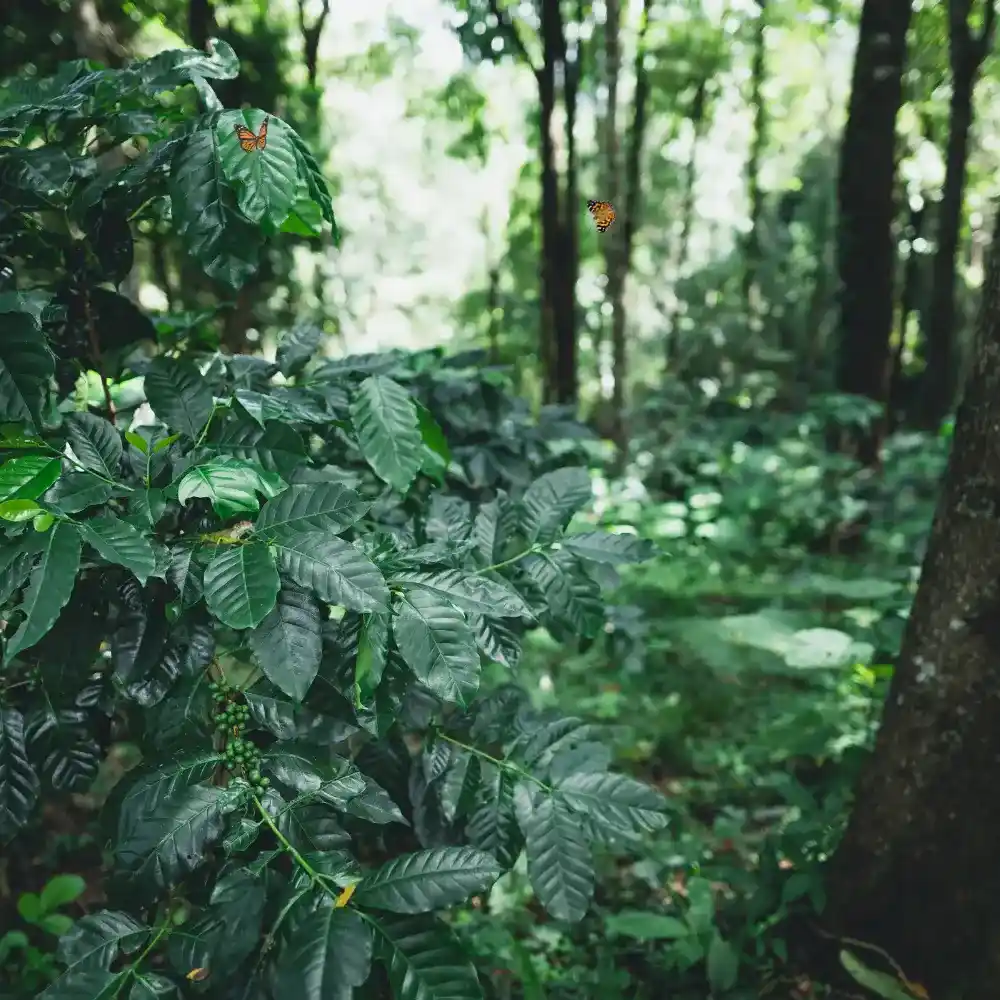
Biodiversity refers to the vast variety of life on Earth, a complex network of interdependence that sustains our planet’s ecosystems. The loss of biodiversity leads to imbalances that can adversely affect our planet and ultimately, our survival. This coffee drink cultivates an environment that helps to preserve biodiversity. (3) By providing a habitat for a diverse array of bird species and other wildlife, it strengthens the ecological balance and contributes to the survival of numerous species.
Bird-Friendly Coffee and Climate Change: The Correlation
This coffee also plays a part in mitigating climate change. Traditional shade-grown coffee cultivation, which bird-friendly certification advocates, involves maintaining a canopy of diverse trees. These trees sequester carbon, thereby reducing greenhouse gas concentrations in the atmosphere. Furthermore, the shade trees help to regulate the microclimate of the coffee plantation, which reduces water usage and safeguards against the effects of climate instability. (4)
The Role of Bird-Friendly Coffee in Sustainable Agriculture
Sustainable agriculture focuses on practices that protect the environment, public health, human communities, and animal welfare. Bird-friendly certified coffee is a prime example of sustainable agriculture in action.
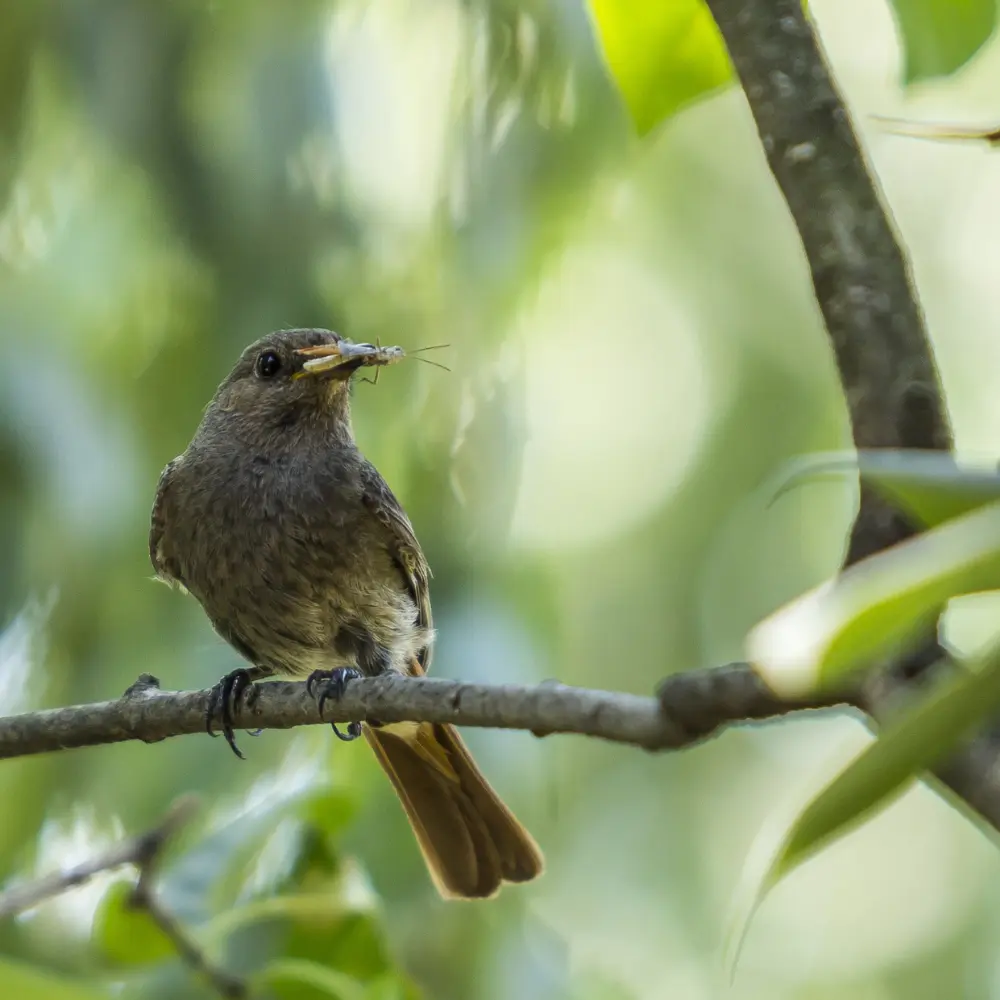
As discussed earlier, the cultivation of this coffee discourages deforestation and promotes biodiversity by maintaining a healthy ecosystem within the farm. It reduces reliance on synthetic fertilizers and pesticides, which can harm the environment and public health. Moreover, by promoting sustainable farming practices, this beverage also supports the livelihood of coffee farmers and local communities, thereby contributing to a more equitable and sustainable coffee industry.
The Consumer’s Role: Choosing Bird-Friendly Coffee
As consumers, we have a powerful tool to influence change – our buying power. Every time we choose bird-friendly certified coffee over conventional alternatives, we cast a vote for biodiversity, sustainability, and ethical practices.
Understanding Labels: Identifying Genuine Bird-Friendly Coffee
This coffee certification signifies a stringent set of standards that coffee producers must adhere to. To identify genuine bird-friendly coffee, look for the bird-friendly seal on the packaging. This seal is typically awarded by reputable organizations, such as the Smithsonian Migratory Bird Center. The certification ensures that the coffee is shade-grown, organic, and promotes a healthy habitat for birds.

It’s important to note that terms like ‘shade-grown’ or ‘organic’ do not necessarily equate to ‘bird-friendly’. The bird-friendly certification is unique as it covers both aspects – organic cultivation under a diverse shade canopy.
Where to Buy Bird-Friendly Coffee: Your Ethical Purchase Guide
Bird-friendly coffee brands have a growing presence both in brick-and-mortar stores and online. Look for stores or online platforms that promote sustainable and ethical products. Always ensure to verify the bird-friendly seal when purchasing.

Several brands, such as Birds & Beans, Allegro Coffee, and Tiny Footprint Coffee, offer bird-friendly certified coffee. Supporting these brands not only ensures that you’re drinking high-quality, ethical coffee but also contributes to the preservation of bird habitats and biodiversity.
The Taste of Bird-Friendly Coffee: Flavor and Quality
This coffee isn’t just good for birds; it’s also excellent for your taste buds! The shade-grown method of it contributes to a slower maturation of the coffee cherries. This process allows for the development of complex sugars, resulting in a richer and more nuanced flavor profile compared to sun-grown coffee. This beverage often exhibits smooth, full-bodied flavors with low acidity, making it a high-quality choice for coffee connoisseurs.

Choosing this delightful coffee is not just about making an ethical decision—it’s also about enjoying a superior taste experience. So, sip and savor the richness of this beverage, knowing you are part of a vital conservation effort.
The Producers’ Perspective: Challenges and Opportunities in Bird-Friendly Coffee Production
The journey to producing this beverage is not without hurdles. Understanding the challenges and opportunities from the producers’ lens not only enhances our appreciation of this sustainable coffee but also highlights areas where supportive measures can facilitate the transition towards more bird-friendly practices.
Transitioning to Bird-Friendly Practices: Challenges Faced by Producers
The transition to this coffee cultivation often requires a significant shift in farming practices. For producers accustomed to conventional sun-grown coffee, moving to a shade-grown model may involve additional labor and time, and initial drops in yield. It requires careful planning and investment in the right shade trees that coexist well with coffee plants.
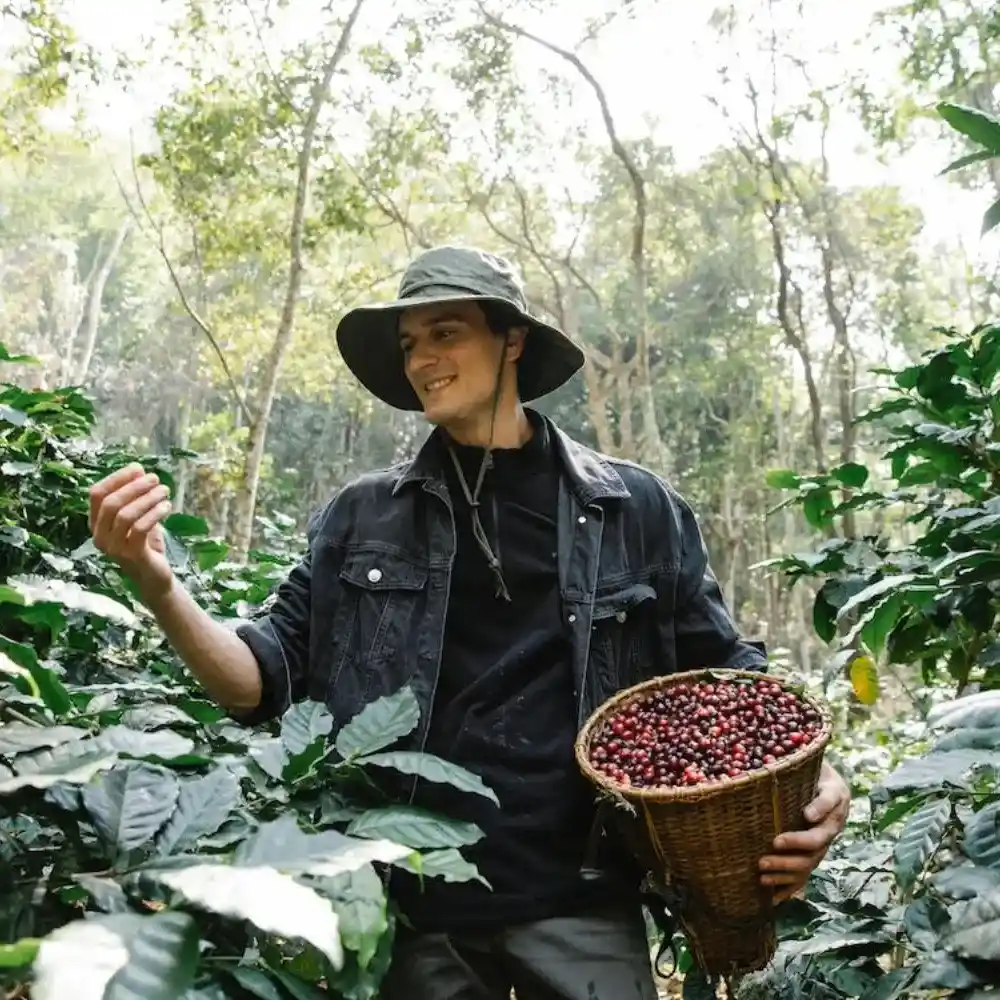
Another challenge is gaining the knowledge and resources required for organic farming methods. The switch to organic often necessitates a deeper understanding of natural pest management and soil enrichment techniques, which might be challenging in areas with limited access to such knowledge or resources.
Finally, getting bird-friendly certification involves a detailed inspection process and the ability to maintain standards year after year, which could be a daunting prospect for many small-scale farmers.
Market Opportunities for Bird-Friendly Coffee
Despite the challenges, there are significant opportunities in the market for this coffee. As consumers become increasingly aware of the environmental impact of their purchases, the demand for sustainably grown and ethically sourced products is on the rise. This beverage fits perfectly into this trend, offering producers the chance to cater to a growing niche of conscious consumers.

Moreover, this coffee often commands a premium price due to its superior taste and ethical credentials, which can offset the costs of transition and potentially increase the income of coffee farmers in the long run.
Real Stories of Change: Producers Who Made the Switch
There are inspiring stories worldwide of producers who made the switch to bird-friendly practices, despite the challenges. One such example is a small-scale coffee farmer in Colombia who transitioned to bird-friendly coffee farming to combat the declining bird population in his region. (5) Despite initial drops in yield, the farm now thrives both as a coffee plantation and a vibrant bird habitat, and it commands premium prices for its high-quality coffee.
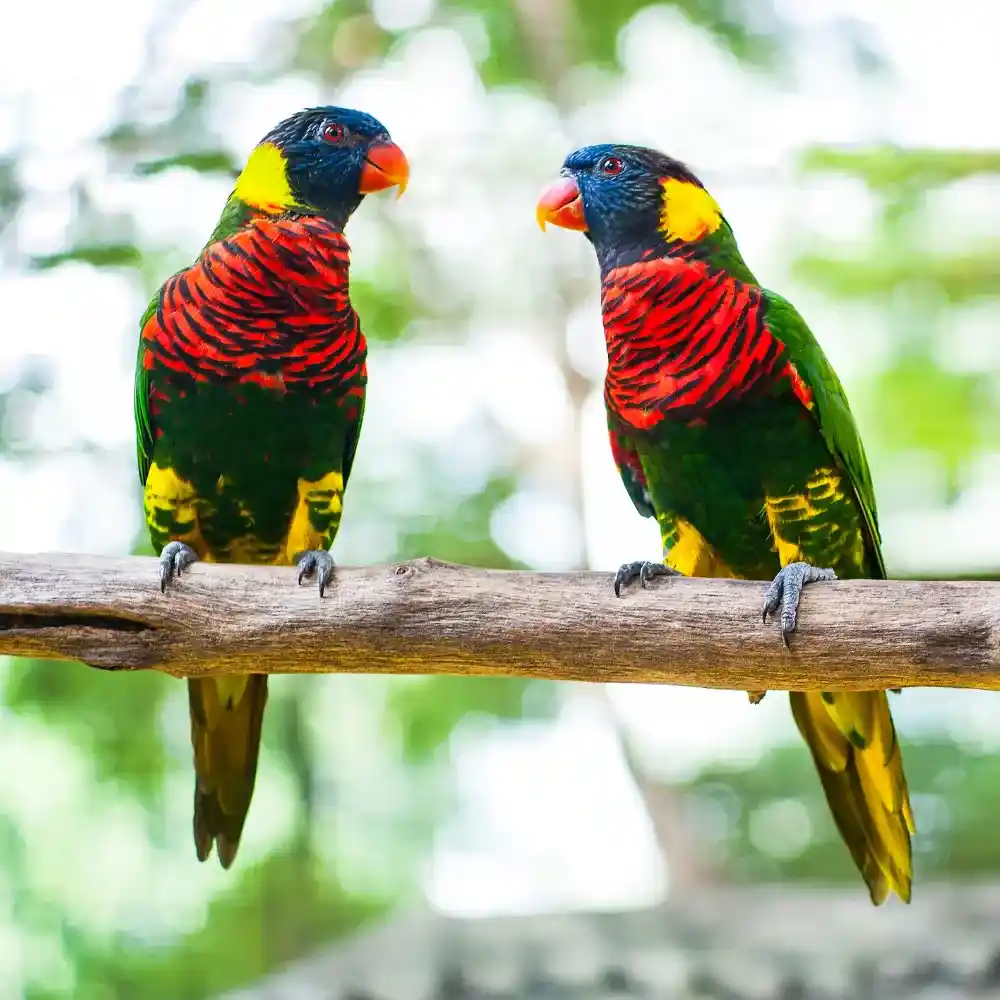
Stories like these underscore the possibilities inherent in this coffee production and serve as motivation for other producers to embark on this sustainable journey. It reaffirms the fact that this drink is not just beneficial for birds and coffee lovers, but for producers as well.
The Future of Bird-Friendly Coffee: Advancing the Cause
As the world becomes more attuned to the need for sustainable practices, the future of bird-friendly certified coffee seems promising. With evolving technology, supportive policies, and increasing consumer awareness, we are steadily advancing toward a more bird-friendly future in coffee production.
Innovations and Technological Advances in Bird-Friendly Coffee Production
Technological advances are revolutionizing all aspects of agriculture, including this coffee production. Precision farming technology, such as drones and GPS mapping, helps producers monitor and manage their shade canopies more effectively.
Furthermore, advances in organic farming techniques are helping producers transition to pesticide-free cultivation more easily. Organic fertilizers and biopesticides are becoming more effective and accessible, promoting healthier soils and plants without harming the bird population.
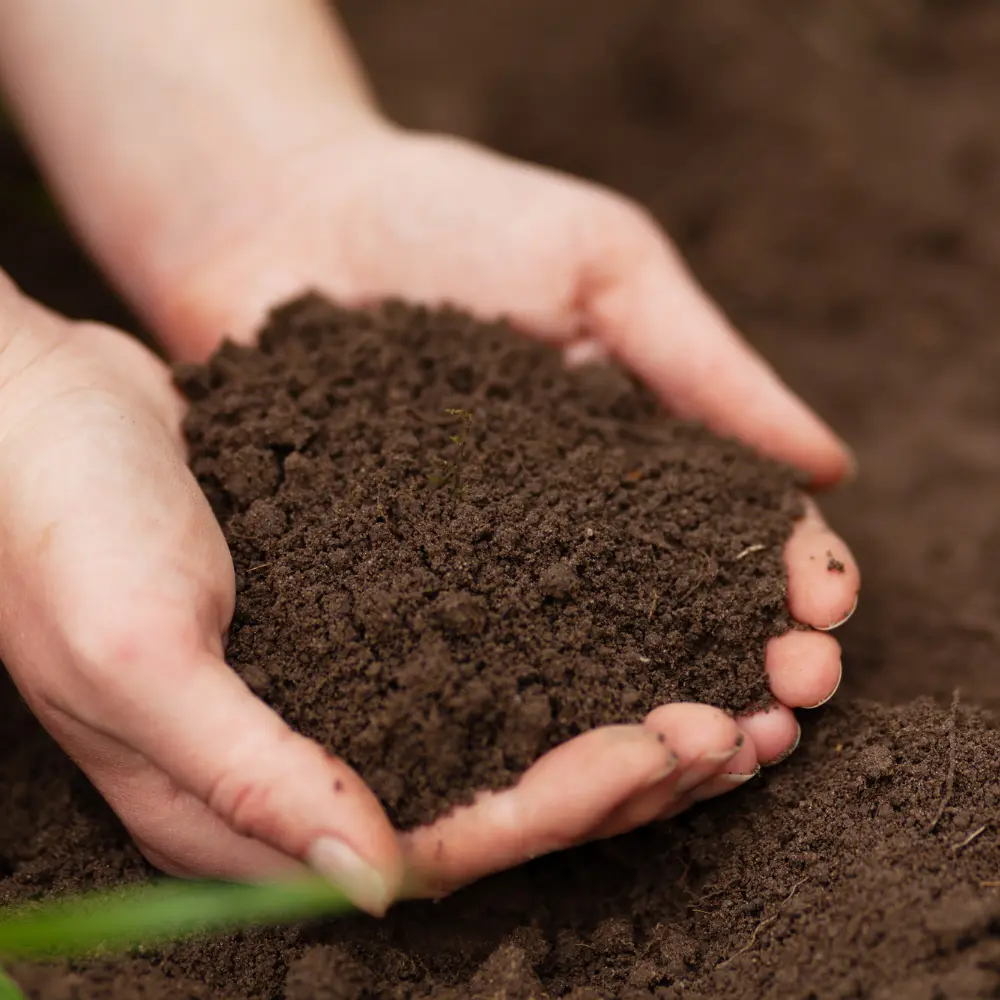
These innovations, coupled with educational initiatives, are making it easier for producers to adopt and maintain these coffee cultivation practices, thereby increasing the availability of bird-friendly certified coffee on the market.
Policies and Regulations Supporting Bird-Friendly Coffee
Policies and regulations play a crucial role in promoting this beloved coffee. Government subsidies and incentives can help farmers offset the costs of transitioning to bird-friendly practices. Regulations that encourage or mandate sustainable farming can also drive the shift towards more bird-friendly coffee production.
Moreover, international trade policies can support this coffee by recognizing and promoting bird-friendly certification in international markets. This not only incentivizes producers but also makes it easier for consumers to choose bird-friendly coffee brands.
How Can You Support the Bird-Friendly Coffee Movement?
Your role in advancing this coffee movement is significant. Every time you choose bird-friendly certified coffee, you vote for biodiversity and sustainability. You can also help by spreading awareness about it among your peers.
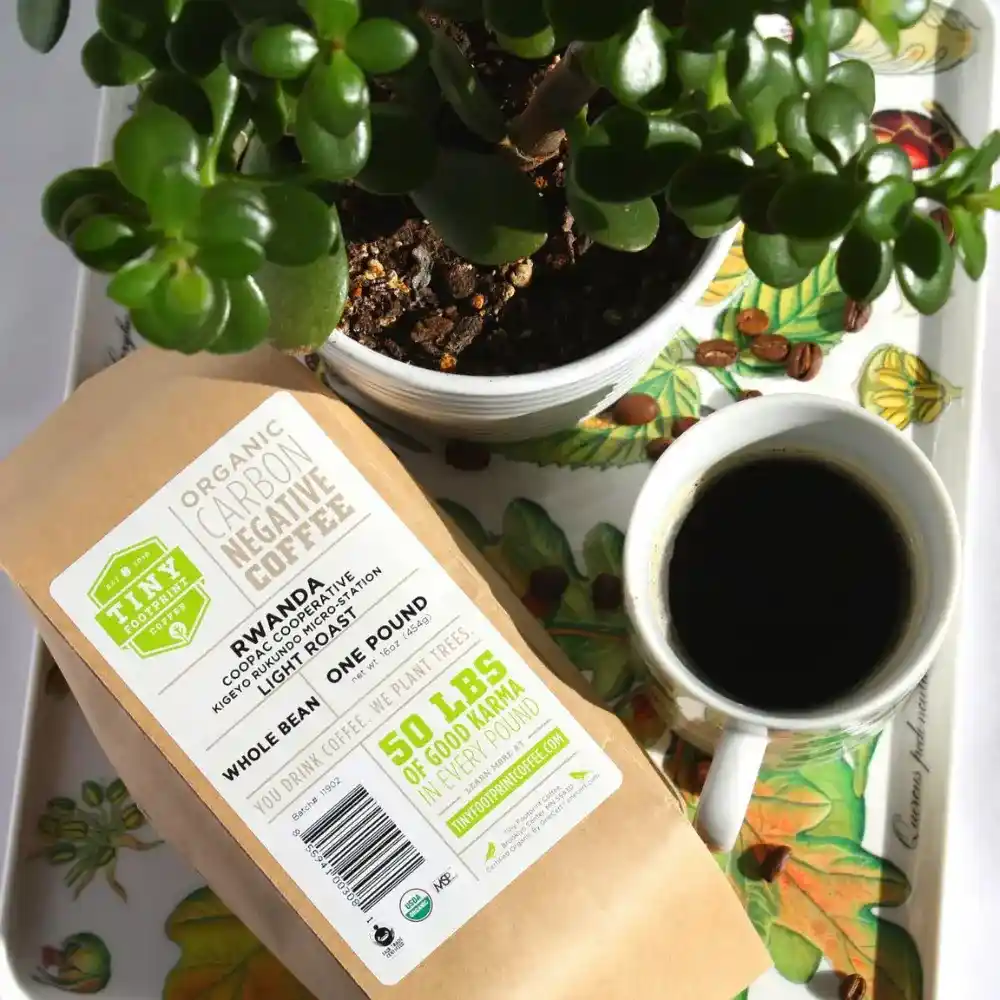
Supporting businesses that sell bird-friendly coffee brands, especially those that source directly from bird-friendly certified farmers, is another powerful way to contribute.
Finally, advocating for policies that support sustainable farming and fair trade can lead to systemic changes that benefit not just bird populations, but all of us who depend on the health of our planet. Your voice and your choices can make a big difference in shaping the future of this beverage.
Best Bird-Friendly Coffee Brands: Birds of a Feather Brew Together
Dive headfirst into a world where quality coffee meets ecological sustainability as we journey through some of the best bird-friendly certified coffee brands. Each brand brings its unique approach to combining taste, ethics, and environmental consciousness into their coffees, ensuring that each cup you enjoy contributes positively to our feathered friends and their habitats.
Fly High with Bird & Wild
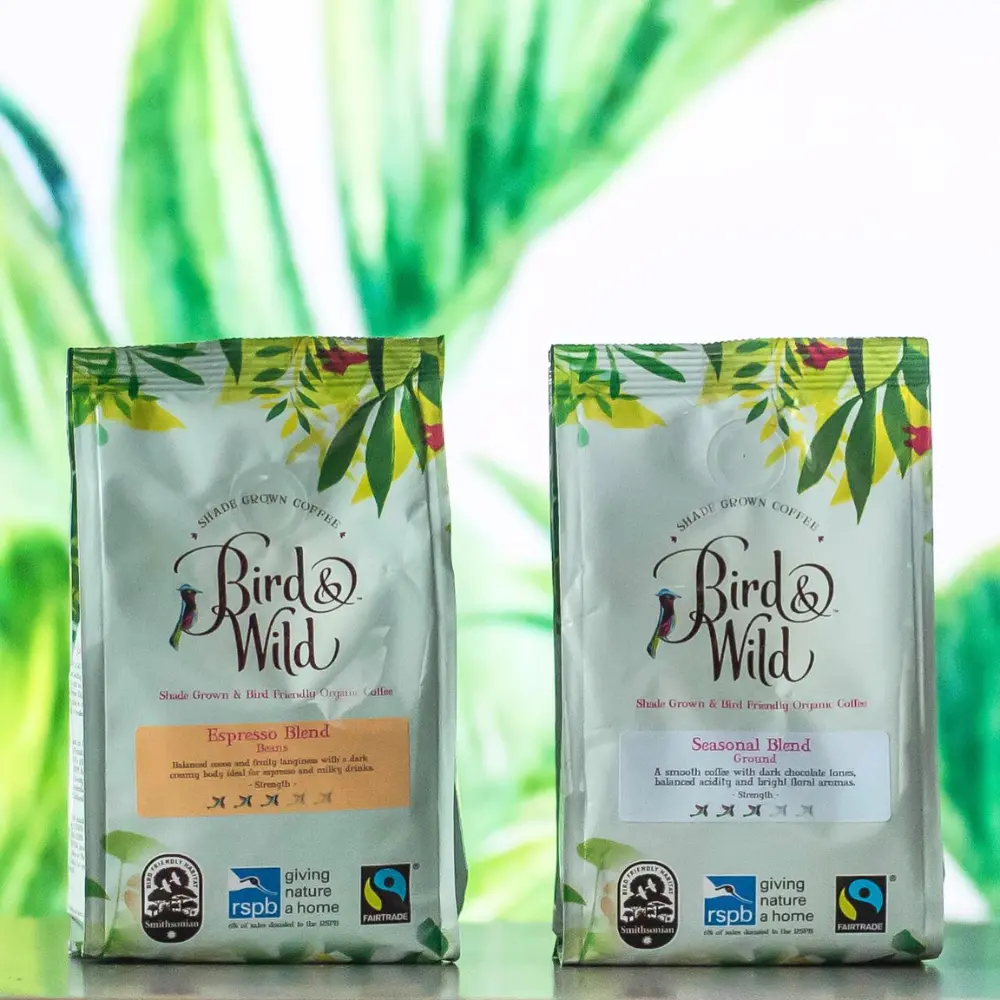
Choosing Bird & Wild’s coffee is like tasting the harmonious symphony of exceptional coffee and sustainable practices. A few key highlights of this brand include:
- Collaborations with the RSPB and the Smithsonian Migratory Bird Centre, donating a portion of sales to conservation efforts.
- A seasonal range of coffee that is Bird-Friendly and Shade-Grown certified by the Smithsonian Migratory Bird Centre.
- Coffee beans are naturally grown under the rainforest canopy offering a smooth coffee experience characterized by rich dark chocolate, balanced acidity, and vibrant floral aromas.
No products found.
Roast to Roost with Peet’s Coffee

Peet’s Coffee extends beyond merely offering a stimulating cup of coffee, it embeds itself in the ecological preservation of Yosemite National Park. Their noteworthy offerings include:
- Their Organic Yosemite Dos Sierras, a bird-friendly certified, single-origin Dark Roast Ground Coffee.
- A portion of the proceeds from this product goes directly to supporting the conservation efforts of Yosemite National Park.
- The beans for this blend are hand-roasted, presenting a velvety texture and flavors of milk chocolate, delightful apricot, and toasted almond.
No products found.
Minimizing Your Carbon “Print” with Tiny Footprint Coffee
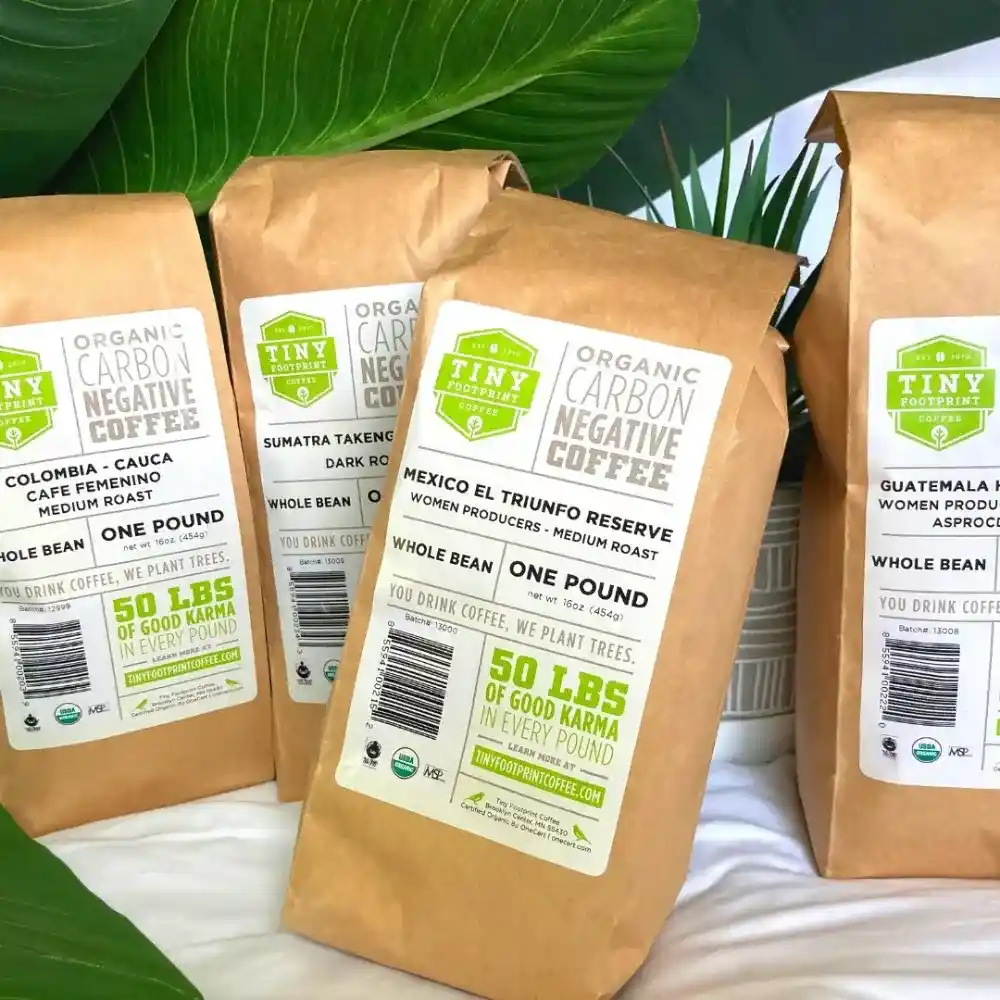
Tiny Footprint Coffee does not only offer a fantastic brew but a noteworthy carbon-negative coffee experience. Their distinct offerings include:
- The world’s first carbon-negative coffee, offsetting the CO2 generated in production through reforestation initiatives.
- A focus on shade-grown, sustainably sourced Arabica beans.
- A commitment to sustainability extends from sourcing to operations, including fully biodegradable coffee bags and energy-efficient practices.
No products found.
Wake Up and Smell the Allegro Coffee

With Allegro Coffee’s Organic Early Bird Blend, you are in for a symphony of taste and eco-consciousness. A few highlights of this brand are:
- Their bird-friendly and organic certified coffee offers a smooth, well-balanced medium roast.
- Beans sourced from Latin American coffee farms are committed to sustainable farming and are free from harmful pesticides.
- A flavor profile offering mild cocoa and roasted nut notes, ensuring a delightfully palatable experience.
No products found.
Brew a Better Tomorrow with Tomorrow’s Coffee
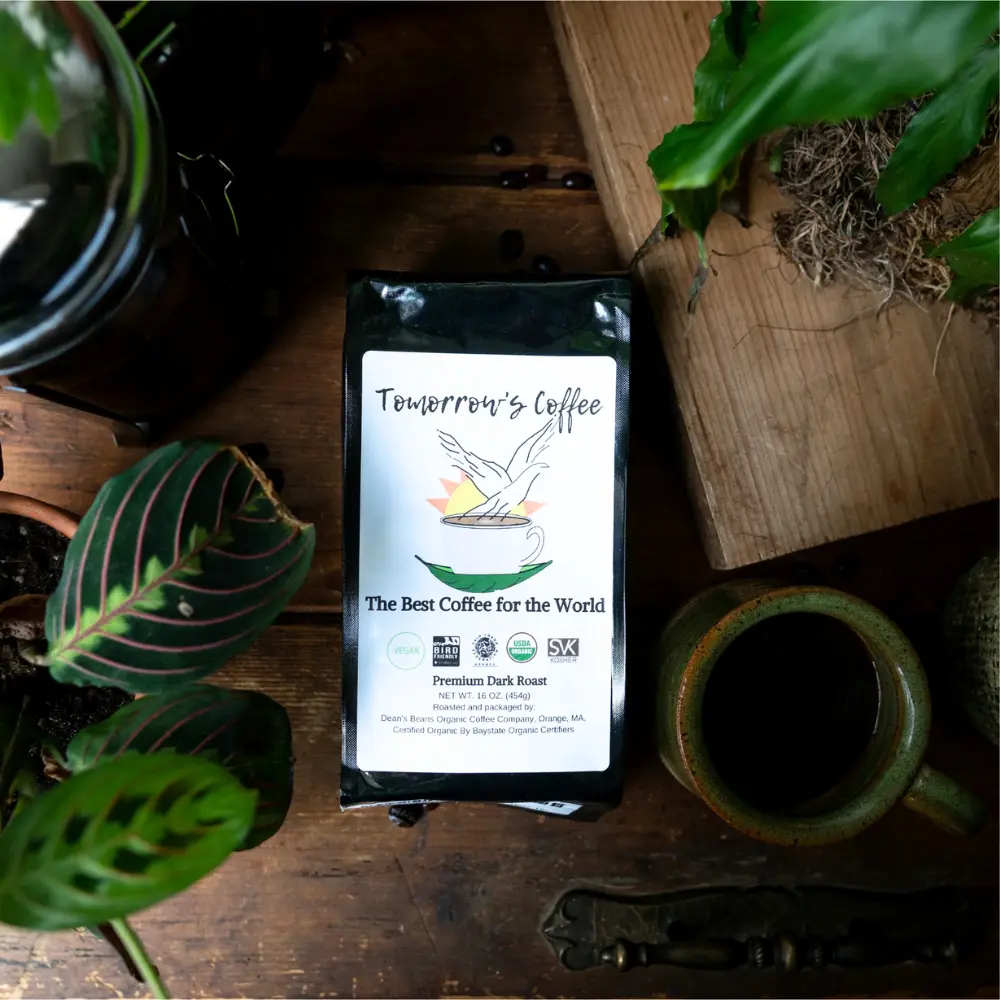
Tomorrow’s Coffee not only offers a great brew but also a commitment to ethical and sustainable practices. Key features of this brand include:
- Their Dark French Roast whole bean coffee is bird-friendly, USDA organic certified, and fair trade compliant.
- The packaging is made from omni-degradable materials, which decompose rapidly.
- Despite a slightly milder flavor profile, it presents a velvety chocolate note that is sure to please coffee aficionados.
No products found.
Sail into a Fresh Brew with Chesapeake Bay Roasting Company

With Chesapeake Bay Roasting Company’s Honduras coffee, you’re sailing towards a fresh cup of coffee that respects biodiversity. Here’s what makes this brand stand out:
- Their bird-friendly certified single-origin coffee is from the picturesque town of Marcala in the La Paz region.
- A smooth-bodied light-medium roast with a balance of sweet and rich nuances, from honey and cherry to dark chocolate.
- Although the price may be a bit steep, the quality and the remarkable flavor profile make it an enticing choice.
No products found.
Embark on a Planet-Saving Journey with Java Planet

Java Planet invites you to experience their Peru Organic coffee, blending gourmet flavor with environmental stewardship. Key highlights include:
- Bird-friendly, USDA organic, fair trade certified, and GMO-free coffee.
- A captivating medium-dark roast featuring subtle floral undertones for a balanced flavor experience.
- The full-bodied richness of this coffee presents an ideal choice for those seeking a brew that is not overwhelmingly strong.
| Preview | Product | |
|---|---|---|

|
Low Acid Organic Coffee – Whole Bean, Mold-Free & Stomach Friendly by Java Planet, Guatemalan… | See on Amazon |
Conclusion
In conclusion, this coffee is more than just a beverage; it represents a choice to protect biodiversity, promote sustainable farming practices, and support communities. With the potential to significantly impact our planet positively, choosing bird-friendly coffee brands is a simple yet effective step towards a more sustainable future.
Understanding the significance of this choice, and the criteria set by institutions such as the Smithsonian Migratory Bird Center, can help consumers make an informed decision. With the growing list of bird-friendly coffee brands, there is a perfect brew out there for every coffee enthusiast who wants to enjoy their morning ritual without negatively impacting our avian friends and their habitats.
Remember, every sip of this drink is a step towards conserving our environment. As consumers, we hold the power to influence the market and advocate for sustainable practices. Let’s use that power wisely and choose a cup of coffee that not only wakes us up in the morning but also keeps the Earth’s biodiversity buzzing. The choice is clear: make your next cup a bird-friendly one.
FAQ
How does bird-friendly coffee contribute to sustainability and biodiversity?
This coffee certification promotes sustainability by endorsing farming practices that reduce deforestation and maintain the health of the soil. It boosts biodiversity by preserving habitats for a variety of species, including birds, insects, and plants, creating a more balanced and resilient ecosystem.
How can I identify and purchase bird-friendly coffee?
You can identify this coffee by looking for the "Bird Friendly" seal on the packaging, a certification given by the Smithsonian Migratory Bird Center. It can be purchased online, in local grocery stores, or in specialty coffee shops that offer certified bird-friendly coffee brands.
What challenges do producers face in transitioning to bird-friendly practices?
Producers transitioning to bird-friendly practices may face challenges such as adjusting to new farming techniques, bearing higher production costs, and requiring time for trees to mature for shade-grown coffee. They may also struggle with access to markets and price premiums for bird-friendly products.
What can we anticipate about the future of bird-friendly coffee production and its impact?
The future of this coffee production looks promising, with potential innovations in sustainable farming practices and increased consumer awareness about the benefits of this beverage. Its impact could lead to improved biodiversity, more resilient ecosystems, and progression toward achieving global sustainability goals.
Can you buy bird-friendly coffee at Starbucks?
While Starbucks offers a variety of coffee options, they do not specifically sell bird-friendly certified coffee. Nonetheless, they do carry a selection of Fair Trade and Organic certified coffees, which align with ethical and sustainable practices. Starbucks, much like Whole Foods, sources coffee from farms that hold Bird Friendly certification, but they do not explicitly highlight this certification on their packaging. This might be due to the relatively niche appeal of bird-friendly practices among consumers. Without a strong consumer demand or pricing incentives for Bird Friendly coffee, there could be a tendency among coffee producers to lean towards partial-shade and sun-grown practices. For the most recent details, consider visiting the Starbucks website or reaching out to their customer service. (6)








